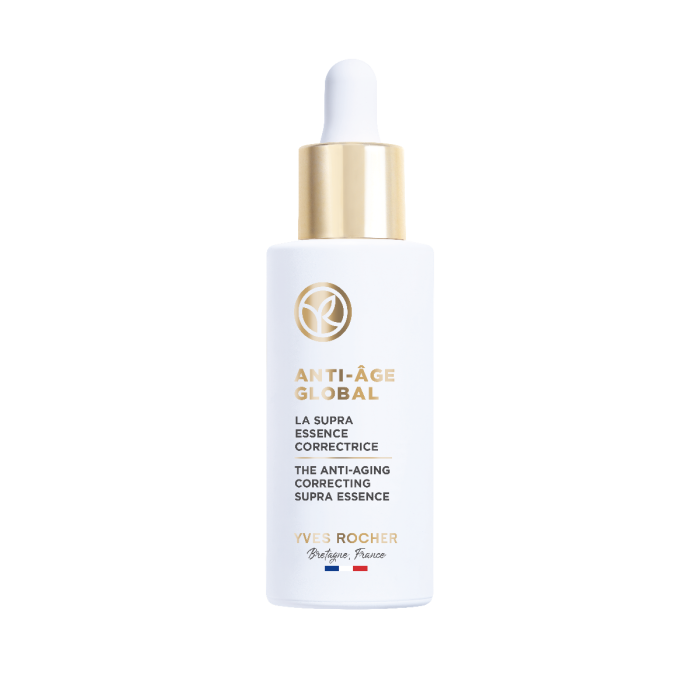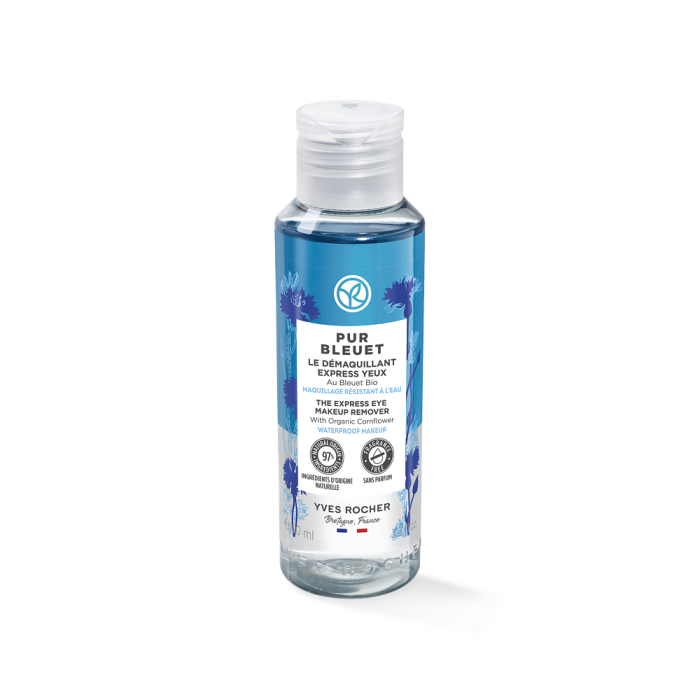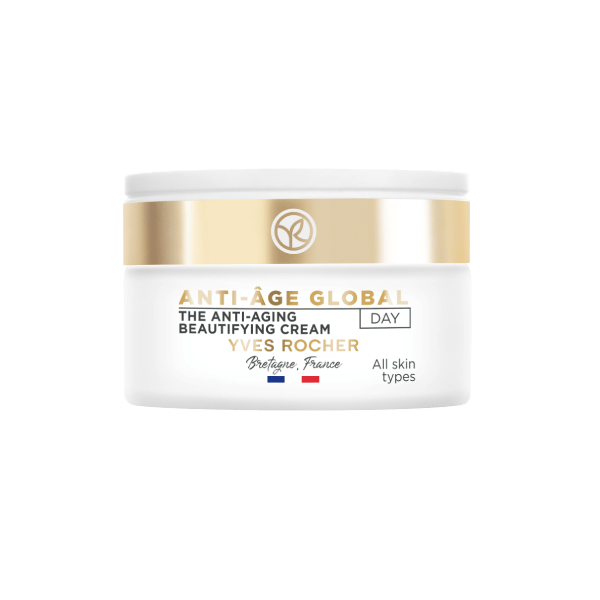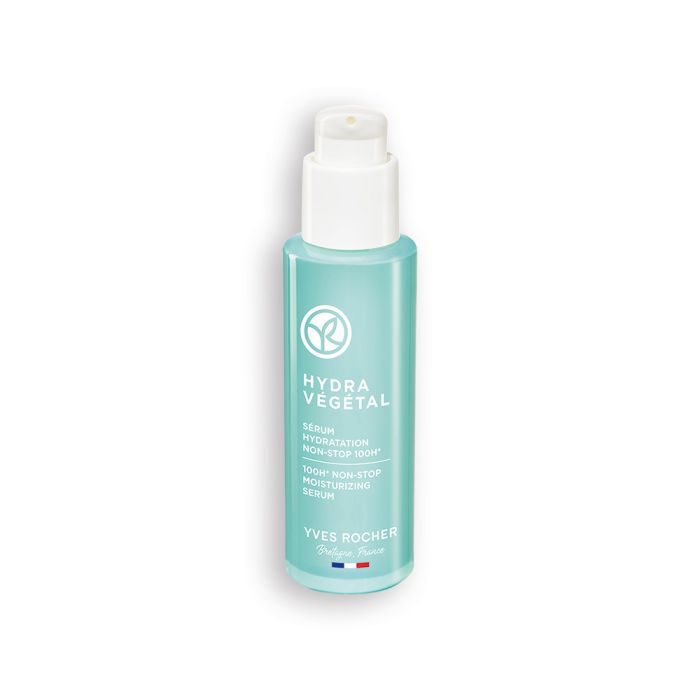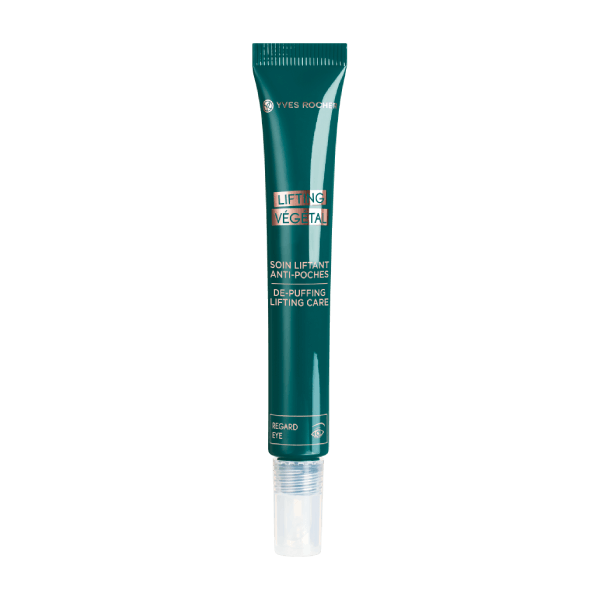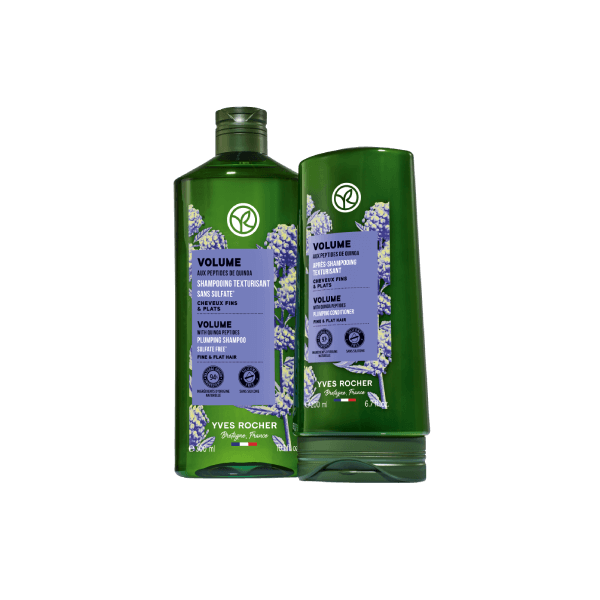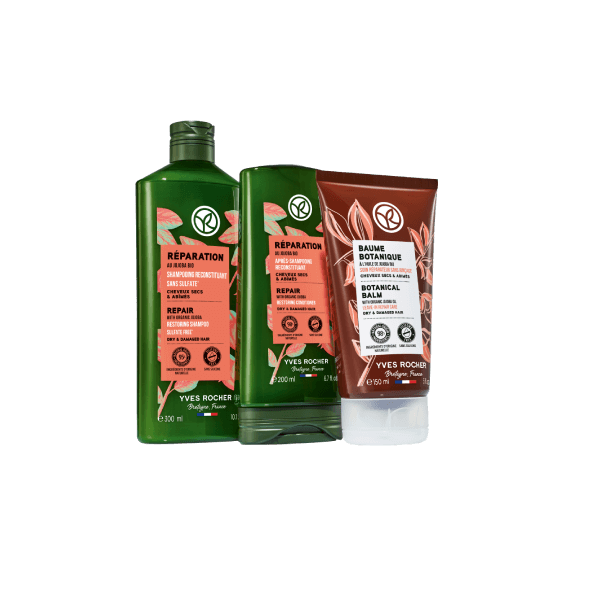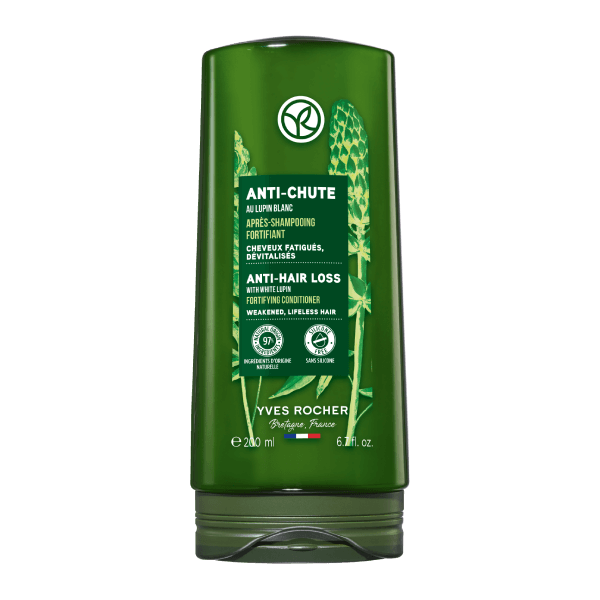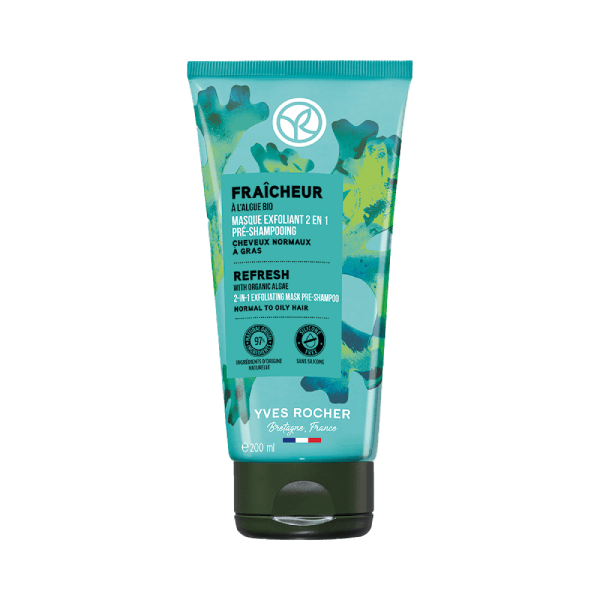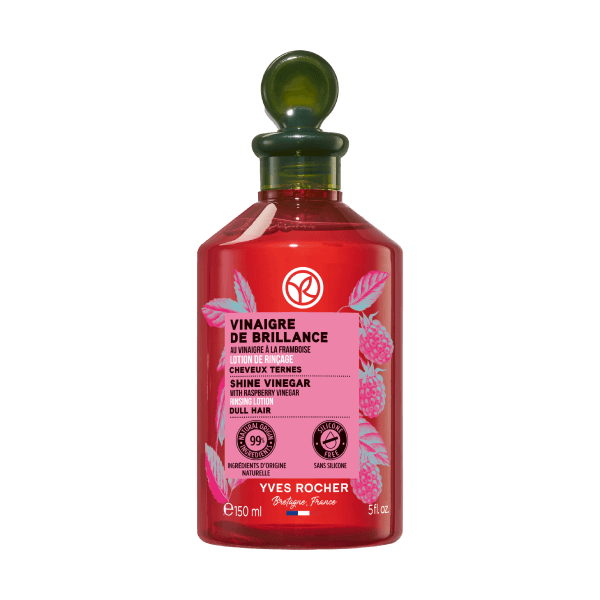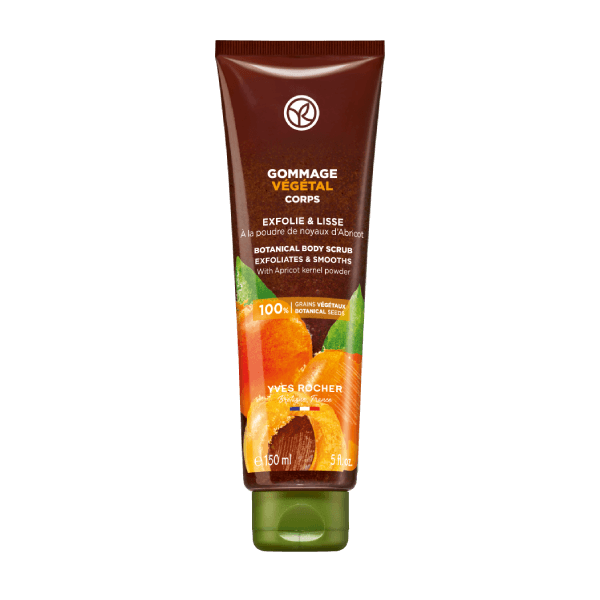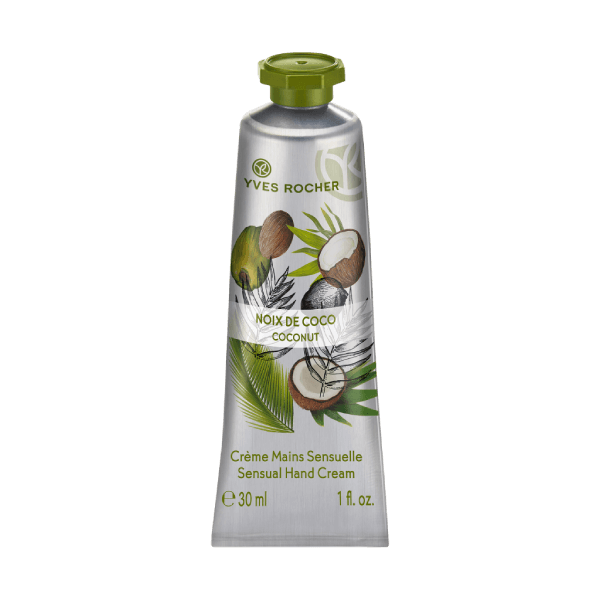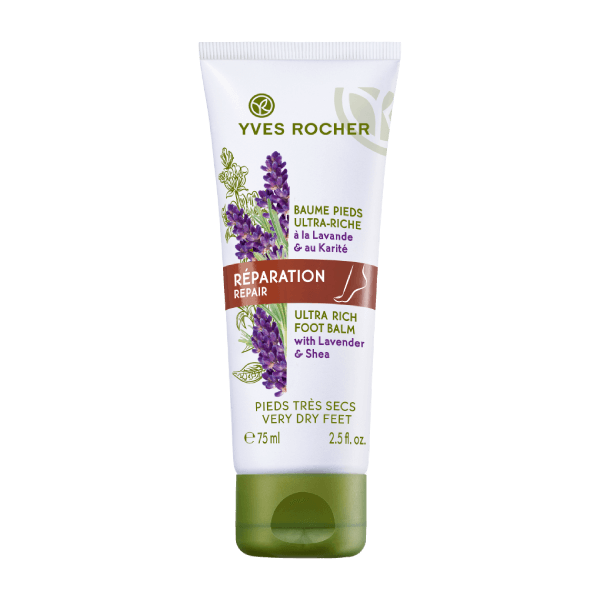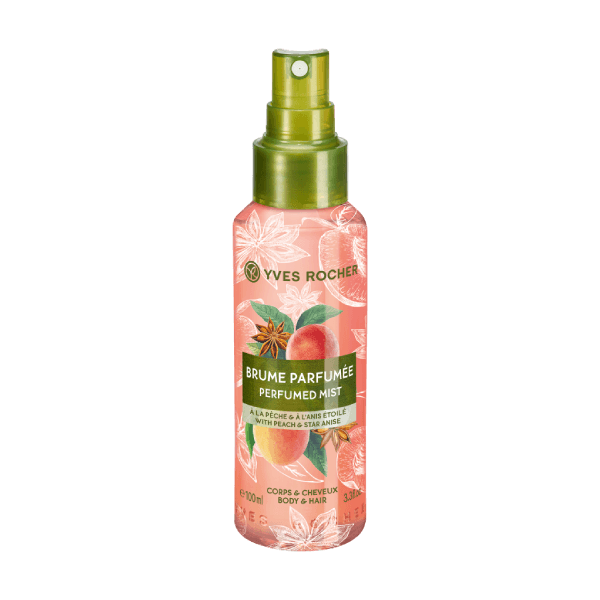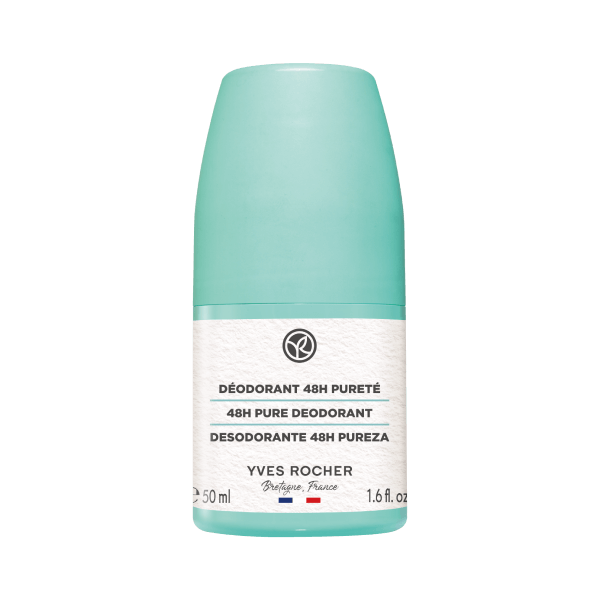What to do regarding oily hair?
Is your hair becoming oily again too quickly? Does it make you a bit worried? Find out how to limit surplus sebum production to get clean, light hair from the roots.
Why is my hair turning too oily so quickly?
We frequently talk about greasy hair rather than blaming the real culprit, the scalp, which secretes sebum, a natural lubricant that also protects hair from external aggressors.
Although sebum secretion is natural and necessary for scalp balance, things become problematic when it is interrupted. Excess sebum production, also known as hyperseborrhea, suffocates the skin on your scalp and the roots of your hair. This usually results in a scalp imbalance and the spread of microorganisms, which can damage the skin and cause greasy dandruff and itching.
Is sebum your greatest friend or enemy?
Sebum serves as a barrier to protect our hair. It belongs to the hydrolipidic film as a constituent. It aids in retaining water and maintaining the scalp's hydration after being applied to the scalp's surface and roots. It also helps to maintain the skin's barrier function against external aggressors. It creates a shield over the hair fiber, guarding it against outside threats and dehydration. As long as the natural sebum secretion mechanism is functioning normally, sebum will be your best friend for flexible and lustrous hair!


What are the reasons?
A greasy scalp and hair can be caused by a number of circumstances, including:
• Hormonal imbalance (adolescence, stress, etc.)
• A genetic factor
• Emotional trauma
• The use of certain drugs
• Depression or stress
• Pollution (tobacco, microparticles, etc.)
• A source of extreme heat
• An excessive fat and sugar intake
The best ways to revitalize your hair
A particular and comprehensive care routine is required to rid the scalp of excess sebum and pollutants and restore the lightness and shine to your hair.
1/PURIFY AND EXFOLIATE
We recommend utilizing pre-shampoo care if you have normal to oily hair.
Scrubbing allows you to gently exfoliate the area in order to remove impurities, leaving your hair feeling fresh and light from the roots. A Purifying Mask, on the other hand, will help absorb excess sebum and purify your scalp.
2/SOFTLY WASH
We recommend using a gentle sulfate-free shampoo for oily scalps since it softly cleanses hair, maintains the balance of all scalps, and preserves the hydrolipidic film of the scalp.
When shampooing, avoid rubbing the scalp too forcefully. Massage softly instead to avoid overstimulating the sebaceous glands.
3/TAKE CARE OF YOUR HAIR
When the scalp is where the issue is coming from, you should remember to take good care of the other parts of your hair when in the shower. It is strongly advised to use a rinse-off care during your routine in addition to your shampoo and a lightweight conditioner that will detangle, moisturize, and restore the shine to your hair.
Or perhaps a cleansing lotion. This clear liquid will aid in giving your hair back its luster and elasticity.

